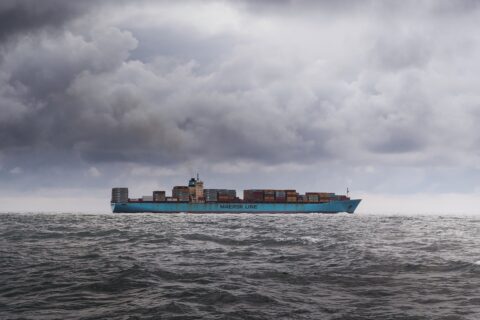
The cost of shipping depends on a number of factors, including package size, shipment type, weight, location, and more. Once these variables have been determined, a carrier will charge you a price.
1. Package dimensions
Package dimensions play an important role in calculating shipping charges. In dimensional weight pricing, the dimensions of a parcel are taken into consideration to compute shipping costs. Dimensional weight is calculated by multiplying the length, width, and height of a package or box and dividing it by a standard DIM divisor. The dimensional weight of a package or parcel is what counts, not the actual weight. The billable weight for the package or parcel is the one that exceeds the DIM weight. Dimensional weight is the most important pricing aspect for courier businesses and is extremely significant.
2. Package weight
There is no DIM divisor or calculation necessary when determining package weight. The package’s weight is always determined by the package’s dimensions — no matter how heavy or bulky it is. This factor will affect shipping costs. If the package weighs more than the DIM weight, it will be calculated and shipped.
3. Shipping destination
The shipping zones used by carriers are based on where a package originates and where it is destined. These zones determine the amount of distance between source and destination. This can range from Zone 1 to Zone 8 in the United States. The zones, in turn, are based on where the package is shipped from. Because of this, packages may be incurring costs to traverse zones that are far apart.
4. Value of contents shipped
If you’re sending high-value items, you may want to consider insurance. This service reimburses senders if their packages are missing, stolen, or damaged during transit. This addition can significantly to your shipping expense, however.
5. Delivery times
Because consumers expect fast shipping everywhere they shop online, Amazon Prime has benefited enormously. However, if you’re shipping from only one location, premium, speedy shipping gets more expensive as zones increase. For example, two-day delivery to a customer in Zone 1 can be delivered via ground shipping, whereas two-day delivery to Zone 8 will require expedited air shipping.
6. Unexpected problems
No matter how airtight your shipping strategy is, unexpected issues may come up from time to time. These can range from delays in transit, to lost or damaged items, to split shipments. While you can never predict exactly what will happen, make sure to leave some wiggle room in your shipping budget in case of emergency.
ProConnect Integrated Logistics for your Business
ProConnect is a third party logistics company incorporated in 2015 to capture the Middle Eastern 3PL market with prime focus on achieving optimal efficiency and customer satisfaction.
We tailor-make warehousing solutions to meet your requirements!
If you are looking for a partner to take care of all your warehousing hassles, talk to us today.
In addition to shipping, we also undertake last mile delivery, customs clearance, import and export trade help that you may have along with offering you value-added services.





 APP DOWNLOAD
APP DOWNLOAD